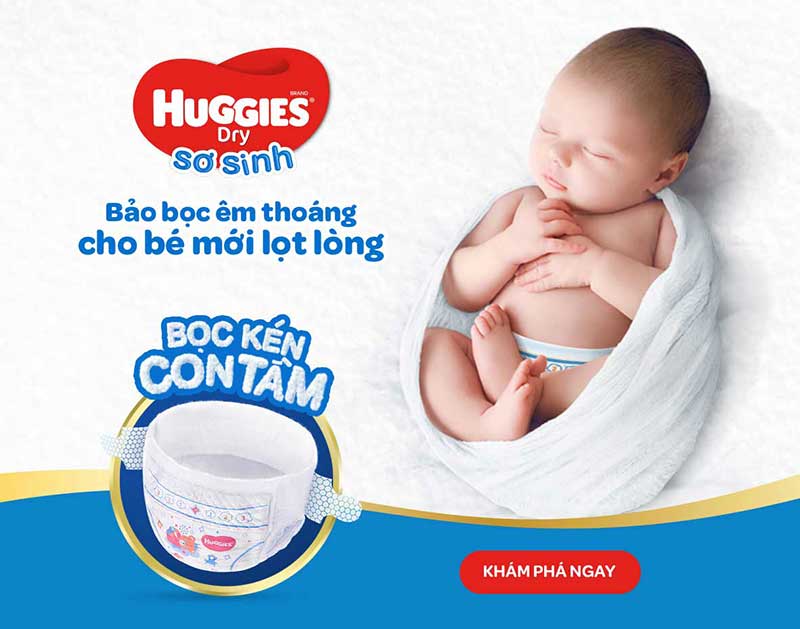Eczema is caused by skin inflammation and results in itchy and dry skin. Surprisingly, babies too may suffer from eczema, starting as early as when they are two months old. Eczema can be effectively treated and so, most children get completely cured. But some of the children with eczema, carry it to their adulthood or may develop other atopic illnesses like allergy and asthma.
Symptoms of eczema
Red, leathery patches on the skin may be the first signs of eczema. It can then spread to any part of the body but the common places it grows in are the folds of skin, behind the knees and in the nappy area. In babies, eczema is commonly found on cheeks, neck folds and joints of the limbs. At first, it might be mistaken as heat rashes. Eczema causes the skin to get extremely dry and sensitive which may cause your baby to be in an irritable mood, attempting to scratch the affected area frequently. Mostly, eczema comes and goes with varying severity, which are dependent on several factors.
Causes of eczema
- Allergens - A baby's skin becomes highly sensitive to even minute dust particles like pollens, air pollutants, moulds, pet dander and dust mites. It may also be triggered by a variety of irritants which can cause a reaction in the body's immune system. Eczema can also be hereditary.
- Weather - A baby perspires less effectively, therefore the infant skin is less efficient in regulating body temperature. So, erratic climatic changes, high humidity level, temperature changes can cause eczema in infants.
- Diet- Skin reactions in babies can happen because of consuming certain kind of foods. The most common ones being citrus fruits like oranges, dairy products like milk, chocolate, eggs and seafood. Preservatives and food colour, used in food products can also be the cause of skin reactions
- Clothing - Your baby's skin is sensitive, so it is advisable to make your baby wear only soft cotton clothes which will help the skin breathe. Woollen and lycra clothes cause skin irritation and should be avoided if your baby is suffering from eczema.
- Toiletries and detergents - Harsh chemical components in products like body lotions, bath foams, perfume, bathing soap can cause eczema to erupt in infants. Even the detergent with which the baby's clothes are washed can cause eczema to flare up.
What kind of people are more prone to get eczema?
Babies with more than normal, dry and sensitive skin are prone to eczema. In case there is a family history of atopy illnesses like asthma, eczema and allergies, then there is more than 50% chance of the baby inheriting eczema.
Treatment
Mild topical steroids like hydrocortisone cream that’s sold over-the -counter can be effective in treating eczema. Though steroidal creams reduce the inflammation and soothe the itchiness in the affected area, it is better to use it sparingly as overuse may cause thinning of skin. It is advisable to not use hydrocortisone cream on children below 10 years. So, use only as directed by the doctor. The doctor may prescribe antibiotics in case the eczema is in a more serious condition. Oral antihistamine may be prescribed to soothe and relieve the itchy sensation in the affected area.
Prevention
1) Once in a day, give your baby a bath in lukewarm water once a day to keep your baby cool but be careful not to use water which is very hot, as high temperature can flare up eczema. Bathing time should not extend more than 10 minutes.
2) Use mild, unscented, hypoallergenic toiletries for your baby. An oatmeal-based bath lotion may help in soothing the itchiness of your baby's skin.
3) Pat dry your baby after bath. Rubbing the towel on your baby will cause friction and thereby it will aggravate eczema. Ensure that the folds of the skin are completely dry.
4) Keeping your baby's skin well moisturized is important as the skin tends to become dehydrated. Use a moisturizer which contains petroleum jelly for effective result and it is best to apply the moisturizer immediately after bath while the skin is still wet for maximum absorption.
5) Dress your baby in loose, comfortable cotton clothes so that there is minimum irritation caused by chaffing. New clothes for your baby should be washed once before using it.
6) Keep your baby's nails trimmed and filed as babies tend to scratch themselves while itching rash.
7) Dress your baby in cool and comfortable clothes while sleeping. Fleece blankets and quilts should be avoided, especially in equatorial countries with high humidity.
8) Keep your baby's bedroom and play area clean and sun the bedding of your baby regularly. Be careful if you have a pet, as pet dander and dust mites can trigger eczema easily. Avoid keeping stuffed toys and carpets near your baby as they also trap dust and dirt easily.
9) Avoid drastic changes in temperature as it can cause eczema to flare up. So, do not transfer your baby abruptly from a hot to a cold temperature or cold to hot temperature.
When do you need to visit the doctor?
If your baby's skin has become scaly and your baby has rashes with pus-filled bumps, it means it is a severe condition of eczema and you need to visit the doctor. Keep your baby from encountering people who have cold sores (also known as oral herpes) or open wounds.









